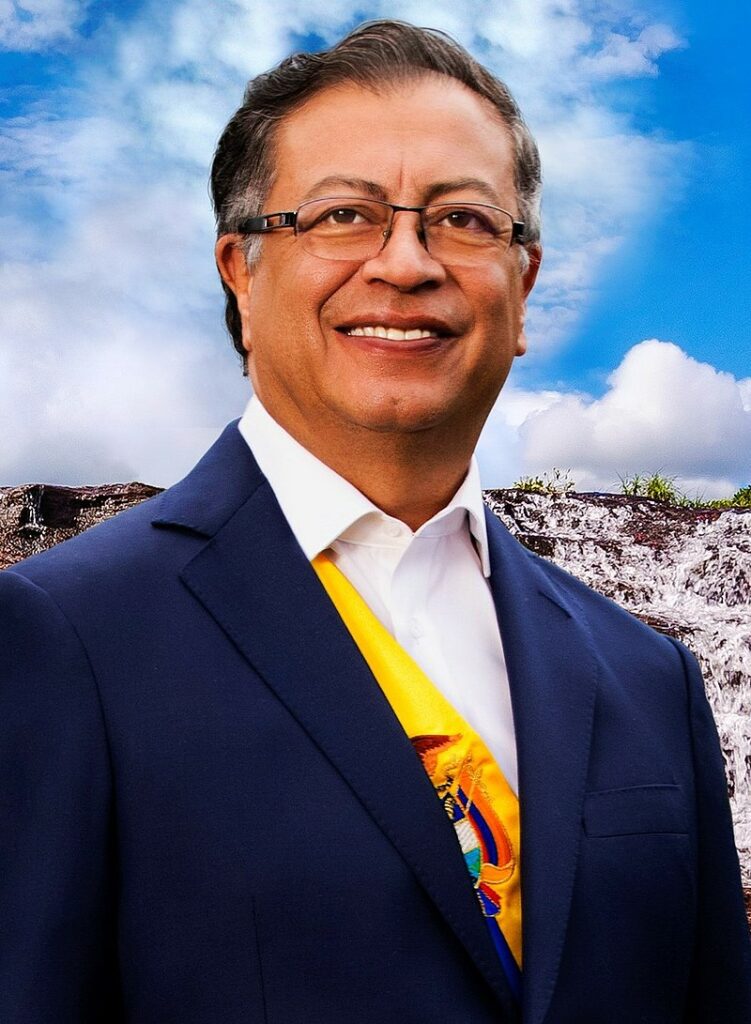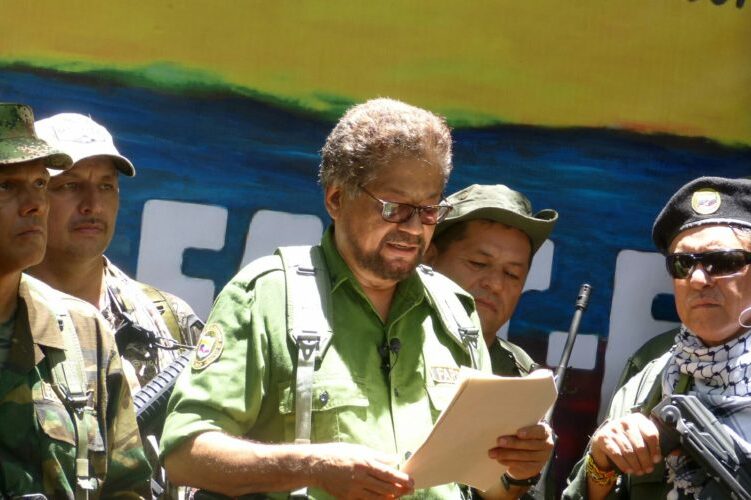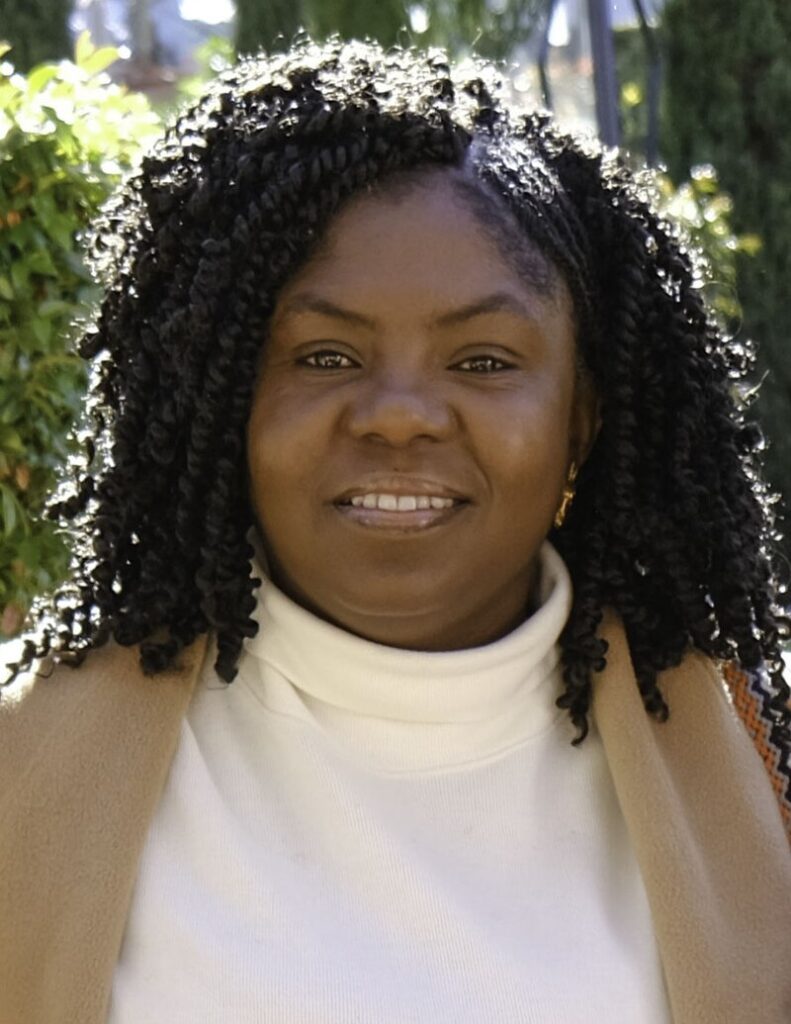A year after the election of Gustavo Petro as Colombia’s first ever leftist leader, what’s the verdict?
In 2022, Colombia elected Gustavo Petro on a platform of cambio. One year on, and we thought we’d look back at how that’s been going. Perhaps unsurprisingly, neither the doomsayers nor the bright-eyed optimists appear to have been proven right, with the performance of Colombia’s biggest leftist being mainly, well, meh.

Shrug emoji is the main narrative so far, but of course there’s plenty of time for that to change. It’s remarkable how much there is to report on, despite seemingly nothing of real consequence happening. Even with north of 2000 words, there’s still much we haven’t covered or have skipped past.
Petro is doing fairly well, or at least not badly, in the polls. Sure, about 30% approval and 60% disapproval isn’t great. But in a jaded Colombian political landscape, it’s actually relatively good. He’s always been a polarising figure in Colombian politics, with a certain amount of baggage. Famously, he was a member of the M-19 guerilla in his youth, was a polemic and controversial mayor of Bogotá and has always worn his heart on his sleeve, for good or for bad.
Throughout his political career he has been dogged by accusations of corruption, incompetence and an inability to compromise. As leader of the country, he has fewer places to hide, though. Much of the Colombian establishment is lukewarm or openly hostile to him and his politics, so he may have to grit his teeth and do some deals.
El gobierno de cambio
Having swept in on the wind of change, little has actually taken place. The exceptional ability of Colombian politics to stymie and frustrate policies has hit his reforms and they have been mired in the gloop of Senate bureaucracy. He needs to negotiate to get support for his reforms, but is unable or unwilling to find compromise.
Most worryingly, most of these reforms are barely fleshed out. For example, even the relatively simple Matrícula Cero (free university attendance) plan has six months to be sorted out or dropped from congress. The basic idea is straightforward, but the devil is in the detail, of which there are few. It’s not clear if it will apply to everyone, or if conditions will be applied. If the latter, it’s anyone’s guess what those would be and seemingly no appetite to shine light on them.
Health, pension and work reforms are all currently under discussion in the congress but haven’t been able to get the votes needed to pass. Education, among others, is waiting even to get to that stage. A minor tax bill has gone through, but that was pretty much necessary to provide economic stability.
One notable thing that has changed is congressional salaries, soaring ever upwards to nearly COP$45 million a month. That’s right, each of these berks is trousering north of USD$10,000 a month. Backdated, too, you’ll be happy to note. It seems the names may change but the gravy train of politics chugs resolutely onwards, whatever camp the leader is in.
Colombia has, however, gone well over a year now without large-scale street protests. It’s not for lack of trying on the part of the opposition, but they’re not used to it and are loosely organised. Instead, the trend is towards Petro organising large rallies to drum up support for himself, usually from his balcony.

He has also got into seemingly pointless spats every few months with the mayor of Bogotá, Claudia López, over the metro. He always wanted it to be subterranean, she wanted an elevated system. It may now end up part underground, overground, wombling free. What is clear is that no-one on the street wants yet more delays or wrangling over a project that has already taken years to get to this point of still not existing. Current ETA is 2028(!).
It’s the economy, stupid
Perhaps the shining grace for Petro has been the robustness of the economy. While things are far from perfect, inflation is slowing down, unemployment has fallen to single figures and the peso is doing well against the US dollar as well as other currencies. The last of these, perversely, is affected by Petro’s inability to get reforms through. Bond markets have taken succour from the fact that drastic change is unlikely to take place, meaning more investment.
There are grumbles from some quarters about the economic indicators not being thanks to Petro, but everyone’s in agreement that the doomsayers’ predictions of economic chaos and collapse have been wrong. That’s not to say that the economy doesn’t have problems, but it is trucking along at much the same pace as before. Foreign direct investment is up and the predicted exodus of capital hasn’t happened.
The dollar exchange rate has had a pretty little dance, with a sharp appreciation to the mythical COP$5000 after the election, followed by a steady decline this year to under $4000 at one point. At the moment, it’s hovering around that level and unclear where it will go next. Part of this is confidence that Colombia remains stable, part of it is economic worries in the States and part is simply a recovery from a very weak position.
Chaos in reshuffles / lost ministers
Petro’s cabinet has been highly unstable, with more than half of his first cabinet having left their positions already. Probably the most important losses have been Education Minister Gaviria in February and, more recently, Minister of Mines and Energy, Irene Vélez. Finance Minister Ocampo, a key moderating voice, also left office this year.
Gaviria left over the details of the health reform in a reasonably amiable manner. More recently, though, he has given interviews saying he wouldn’t have joined if he had known the reality of what he was getting into. The first exodus came in February, with four ministers leaving. The end of April and start of May saw more big changes, including the departure of Ocampo and the beleaguered Health Minister Carolina Corcho.
Irene Vélez was more contentious, as she started rockily and never really stabilised. Early on she appeared to be at loggerheads with the president, giving contradictory details to the press over exploration permits. While some of the criticism coming her way was ridiculous – wearing trainers on official business, for example – there were serious allegations too. Things came to a head in a nepotism scandal with her husband which eventually saw her unable to cling on anymore.
Foreign policy
Petro has never been a fan of the US, to put it mildly. However, his rhetoric has been largely nondescript and diplomatic, with only a couple of wobbles. He’s been lukewarm on Russia-Ukraine but broadly come down in favour of the Ukrainians. His Foreign Minister, geriatric conservative Álvaro Leyva, has been somewhat undermined by Petro’s insistence on making state visits himself, or sending his wife Verónica Alcócer to keep an eye on things.
More tricky has been the relationship with next-door neighbours Venezuela. Petro was famously friendly with Hugo Chávez, although less keen on successor Nicolás Maduro. He normalised relations in the autumn, which was an astute move, though the optics were far from ideal as he turned up personally for the reopening of the border. He’s been happy to visit Caracas and gladhand Maduro, too, which is uncomfortable for many.
Petro is also an outspoken supporter of Castillo in Perú, a fellow leftist who has been (maybe) toppled. Same goes for Ortega in Nicaragua. Not on his birthday list are the self-titled ‘world’s coolest dictator’ Bukele in EL Salvador, who has had twitter spats with the Colombian premier, and Boric in Chile, who copped some ire for calling out human rights abuses by both leftist and rightist governments.
Paz total
No one knows what this actually means, as it’s never been clearly defined, rather just hanging in the air as a vaguely good thing. What is more concrete is a bunch of ceasefires (or not) and peace talks. The biggest of these is with the ELN, which is a major achievement. Compared to the FARC, this group are much harder to negotiate with and much less organised. Just getting them to sit down has taken enough time, but things are promising so far.

Dissident members of the FARC are also around a table, despite their own problematic optics of turning up for photoshoots with rocket launchers. Finally, there are ongoing overtures to bacrim groups such as the AGC in an attempt to contain them. This is an area fraught with danger and looks worryingly like appeasement. It’s also possibly unwise to start multiple talks without concluding either one, as they may affect each other. Hanging over all of this are the problems of implementing Santos’ peace plan, two presidents down the line.
Meanwhile, there’s growing discontent over crime – both perception and reality. This has always been a much bigger problem in Colombia than the headline-grabbing insurgencies and conflicts. The murder rate is much lower than it was, but remains stubbornly high – in the mid twenties per 100,000 people, according to the Externado University’s research. That’s above regional averages and over four times the world average, even without disappearances taken into account.
Four of every five Bogotanos now feel unsafe in the capital and there have been recent high-profile shootings in busy areas, plus a litany of carjackings and robbery videos online. With local elections coming up, this is going to be a key area for many candidates. If not controlled, it could become a serious issue for the national government too.
Scandals
Unsurprisingly, there’s been plenty. For the main part they’ve been kept at arm’s distance from Petro himself, but the most recent one strikes right through to his inner circle. Nicolás Petro, his son, is under investigation for dodgy money raising, possibly connected to funding his father’s campaign. Worryingly, Petro and his family are sending messages of support, rather than condemnation.
Nicolás Petro is the president’s oldest son and last week admitted taking dirty money and channeling it into his father’s campaign. He took pains to make it clear that his father didn’t know about it, but this raises more questions than it answers. It would seem that there’s either staggering naivety, bumbling incompetence or outright corruption, none of which are positive traits in a leader.
Petro the elder likes to paint himself as an anti-corruption campaigner, yet his support is concentrated in Colombia’s most corrupt departments. Apart from the capital, the only departments he won last year were on the two coasts and the Amazon, with only Bogotá in the mountains supporting him. Not checking where money is coming from seems alarmingly remiss or tacitly accepting, depending on how generous you feel.
His celebrity ambassadorial appointment to Venezuela, Armando Benedetti, was implicated in a particularly bizarre funding scandal and has refused to turn up to the hearings. That scandal was also related to gathering campaign funds on the coast and featured a lot of threats to bring everyone down. Then, there was the end of Irene Vélez, who seems more than happy to hand out contracts and public money to her husband’s companies.
The Vice President

Vice President Francia Márquez has been another flashpoint in the Petro presidency. She’s come under fire for her largesse, especially her frequent use of state-funded helicopters to get in and out of work. Her response to criticism was simply: “de malas,” rather than engaging with the concerns. Surprisingly, she has stayed based in Valle de Cauca rather than relocating to the capital.
Further fanning the flames is her new department – the Ministry of Equality. After spending a year to set up, it finally arrived at the end of June this year. It’s large, to say the least, with nearly 750 employees and four vice-ministers (twice that of the finance ministry). On the more positive side, she undertook a successful trip to Africa, building valuable links on the continent, including the establishment of a long-overdue embassy in South Africa. Even that trip took some flak for the size of the travelling party.
There’s a lot of racism, sexism and classism in the attacks on Márquez, by far the most high-profile Afro-Colombian politician. All the same, she’s also hardly setting the world on fire. Her fans would argue it’s almost impossible for her to shine with critics ready to pounce on her every move. Things have calmed down somewhat in recent months though, and with the spotlight off her she may be able to get more done.
Future dreams
So, what comes next? It seems certain that the various reforms will continue their rocky progress. Some may pass, depending on the willingness to compromise on either side. Peace may collapse with the ELN, but that’s unlikely to be Petro’s fault, whereas the other peace deals are likely to end well.
However, as we’ve seen with the FARC, peace on paper means little if the government can’t solve the underlying problems. Other groups will likely fill the vacuum and we’ll be back in the same position negotiating in a few years. That might not be this government’s problem though. Progress in this regard may work out OK for Petro but make things trickier for whoever follows – left or right.
Corruption and scandal at the moment seem to be containable – Colombians have a high tolerance for both things in practice and are particularly unbothered by nepotism. However, if it hits the President personally, that could all change. Big questions, too, hang over economic developments, including external ones. If the dollar continues to slide, Petro will look good; if it appreciates again he will look bad regardless of the reasons.
An interesting variable is here in Bogotá. Regional elections at the end of October mean new mayors all round, and the capital may well elect one of his key allies, Gustavo Bolívar. That’s far from a certainty, but if it does go that way he will have far less friction with the local government. Medellín is almost certain to swing rightwards, though, so regional conflict may well increase.
The jury remains out on Petro after a year and it seems most likely at present that he will simply waddle through to the end of his term having done more than you might think but not as much as he could have. Like most world leaders, really. A week is a long time in politics though, and especially in Colombia, so there’s always the possibility for some random event to throw everything into disarray. Watch this space.





